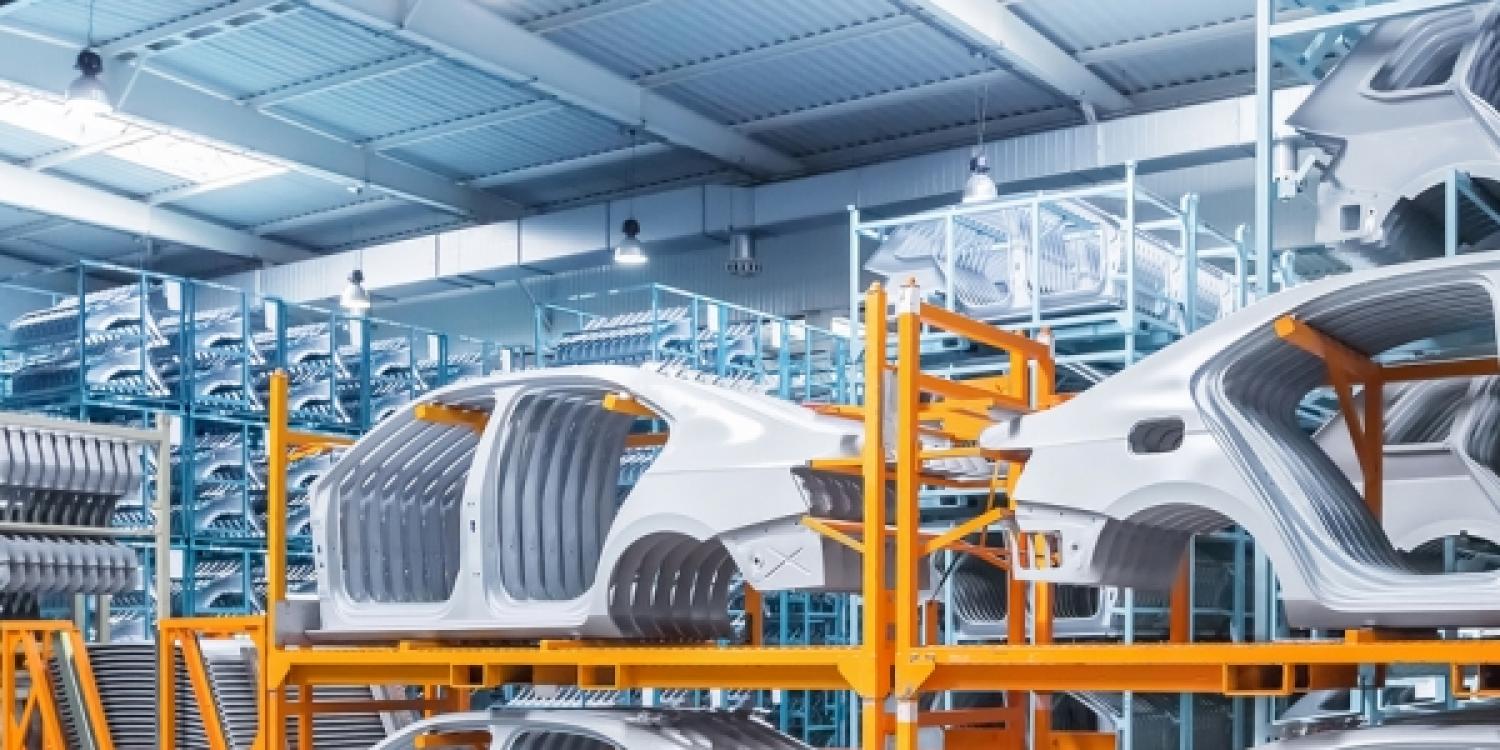Less waste and fewer lorries on the road

Information
Logistics in the driving seat of resource savings
- Rethinking how it handles packaging leads to integrated benefits
- Reusable metal crates saves 17 kg of packaging material per parcel (sent load)
- Indirect gains include reduced deliveries, less lorries on the road, financial savings and redcued CO2 emissions
Honda Motor Europe Logistics is a subsidiary of the Japanese company Honda Motor, which produces cars, motorbikes and power equipment. It began using reusable packaging over ten years ago and the results have been impressive.
When Honda Motor started focusing on sustainable packaging materials, its waste flow involved wooden pallets, plastic shrink-wrap and cardboard boxes which would all end up in the bin after transportation between the company's factories and logistical centres.
All European transportation of finished goods and product components is coordinated by its main storage depot in Ghent, Belgium. This is where the company started replacing wood, plastic, cardboard and polystyrene with reusable metal crates.
The design of different crate shapes and sizes was coordinated with hauliers and suppliers, to make sure that they matched the different product components. For example, car windows used to be packed in a cardboard box with foam protection for the fragile glass. These windows are now packed in a specially-designed metal crate. No other packaging is required: those receiving the window have no waste, other than a narrow protective strip on the edge of the window.
Key benefits
Apart from avoiding packaging waste, metal crates have another advantage: they make it easier to fill lorries. Metal crates stack well, and a full container prevents goods from moving around, reducing risks. This also reduces the number of lorries on the road, saving money and CO2 emissions, as more is transported in fewer journeys. Having to bring back crates is still cheaper than transporting under-filled containers, making transport more efficient.
These crates can be reused almost indefinitely. The crates are used for journeys across Europe, as well as transport to and from Japan, Asia, and the United States. Shipping of Honda parts in reusable metal crates saves 17 kg of packaging material (13 kg wood, 3.7 kg cardboard and 0.3 kg plastic shrink-wrap) per parcel. The use of reusable metal crates for the transport of small motorbikes, for example, saves 33 tonnes of cardboard and wooden pallets every year.
OVAM Ecodesign database, http://www.ecodesignlink.be/nl/casesdatabank/cases-2017/honda